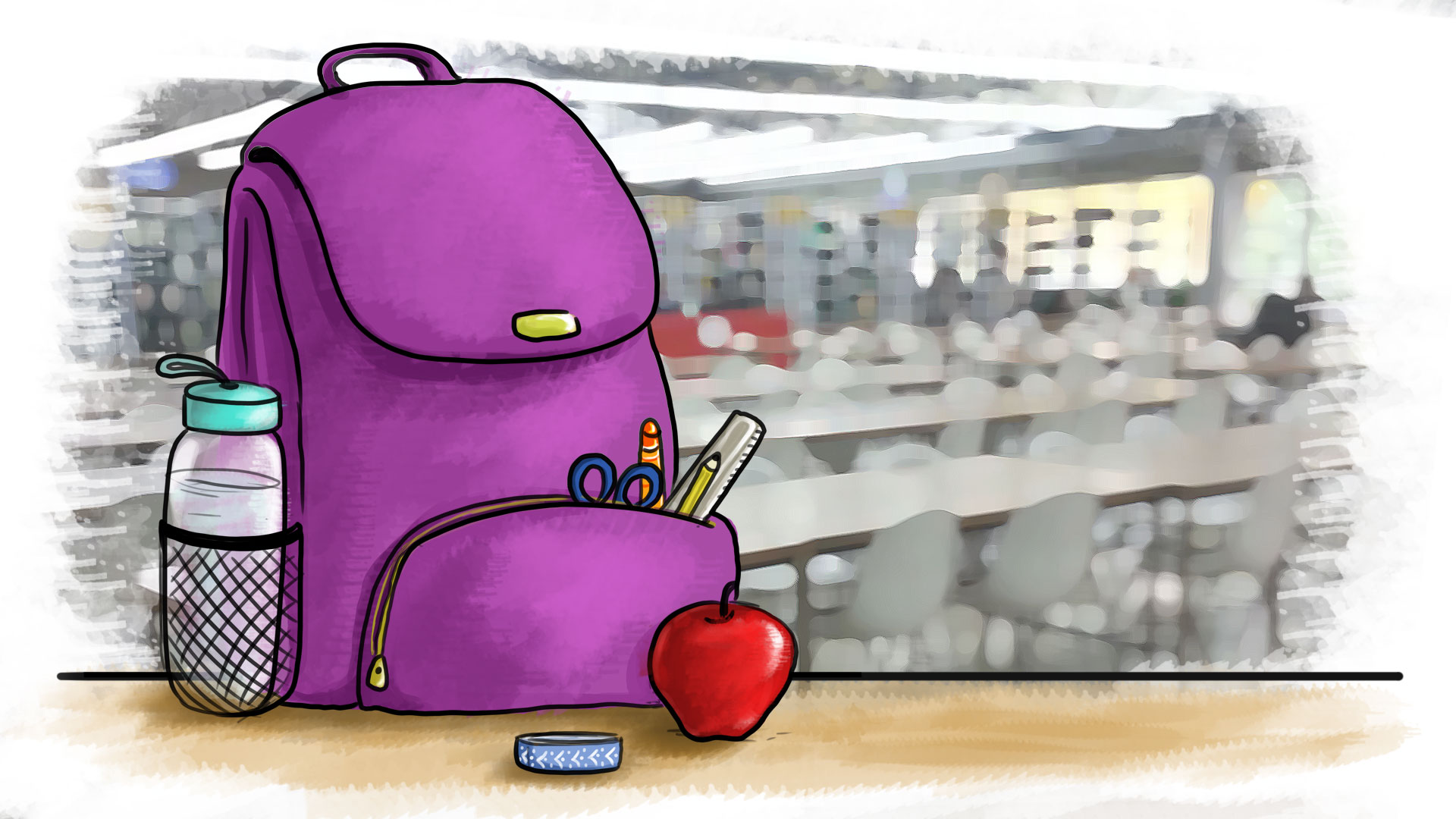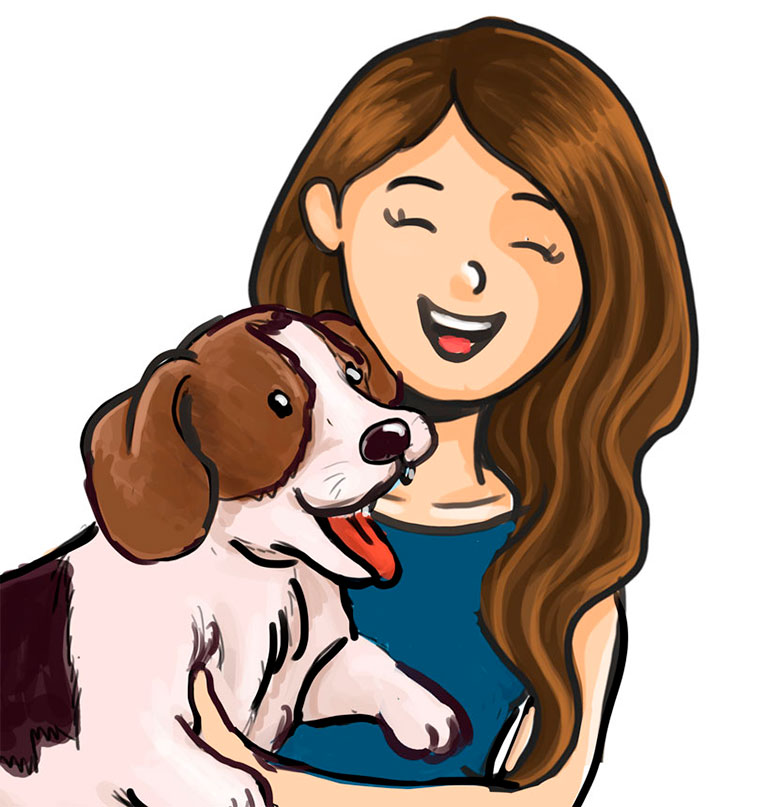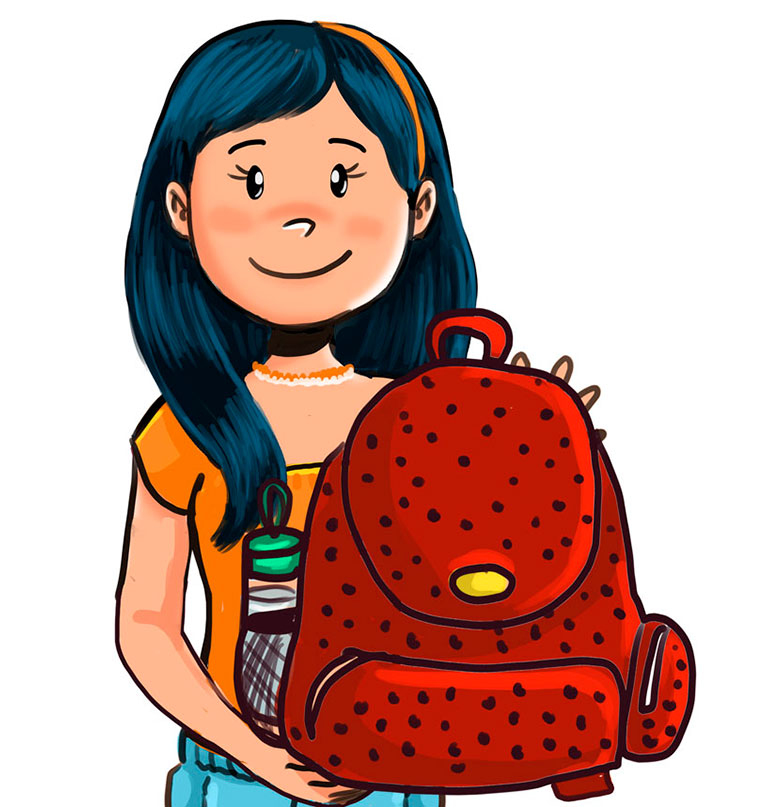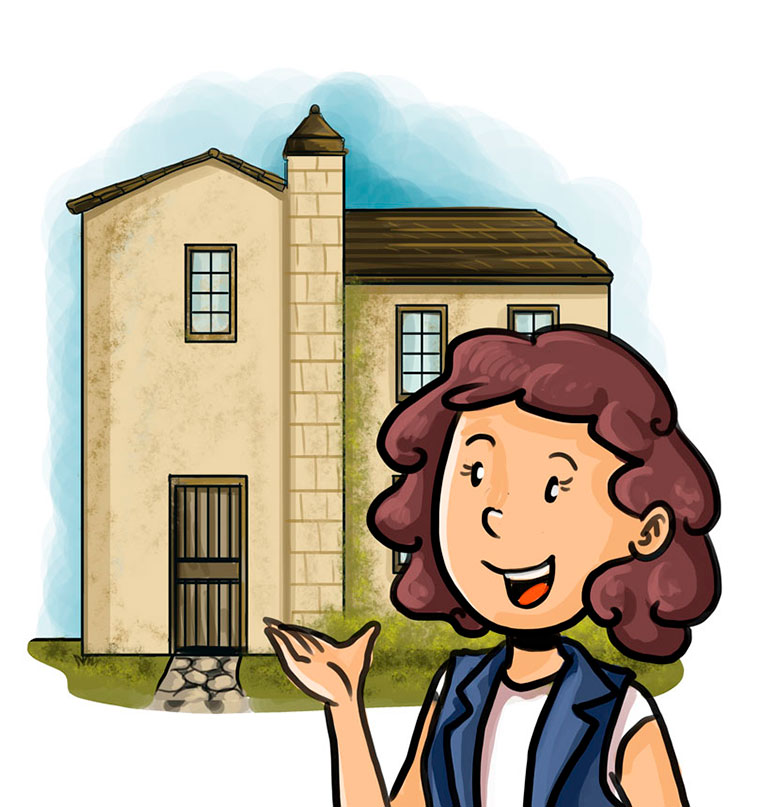
WHOSE IS THIS / THAT?
In English there are two main ways to talk about belongings: Possessive adjectives and Possessive's case ('s)..
| SUBJECT PRONOUNS | POSSESSIVE ADJECTIVES |
|---|---|
| I | My |
| You | Your |
| He | His |
| She | Her |
| It | Its |
| We | Our |
| You | Your |
| They | Their |
- Examples
- My book is in my bag.
- Her name is Roxane.
- Our classroom is big.
- Their house is old.
| Possessive case (‘s) |
|---|
| We use apostrophe s (’s), also called possessive case ’s, to show that something belongs to someone or something. |
- Examples
- Is that Angie’s bag?
- Quintana Roo’s coastline is very beautiful.
| Structure |
|---|
| a) We use ’s after a singular noun and ’ after a plural noun. |
- Singular noun + ’s
- The boy’s house.
- My mother’s bag.
- Plural + ’
- The boys’ house.
- My parents’ bedroom.
| Structure |
|---|
| b) We use ’s with irregular plural nouns (e.g. children, men, people, women): |
- Examples
- The children’s parents are young.
- Respect other people’s property
Practice exercise
Es Read the sentences below and choose the correct one. Click on to listen to the pronunciation.
Lee los enunciados siguientes y elige la opción correcta. Presiona para escuchar la pronunciación correcta.
Whose is this?


Whose is that?




